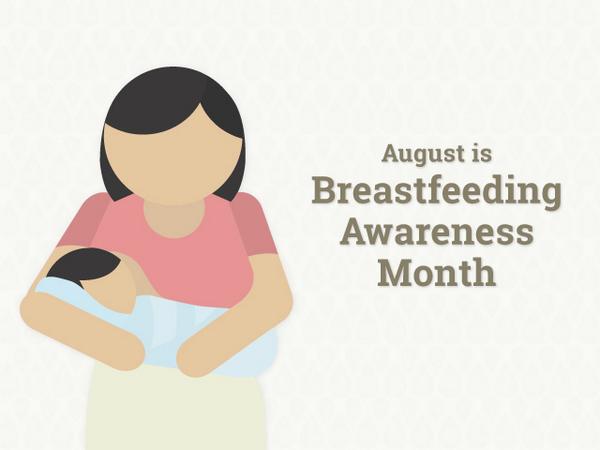 Nursing may be a natural part of a woman’s body, but it doesn’t come natural to all women. Some women may experience difficulties when breastfeeding and may feel discouraged. According to the Centers for Disease Control and Prevention, although 79 percent of women breastfeed soon after birth, only 49 percent continue nursing six months later. This is a shocking decrease, especially since evidence shows that nursing lowers your baby’s risk of ear infections, stomach viruses, asthma, the flu, and diabetes.
Nursing may be a natural part of a woman’s body, but it doesn’t come natural to all women. Some women may experience difficulties when breastfeeding and may feel discouraged. According to the Centers for Disease Control and Prevention, although 79 percent of women breastfeed soon after birth, only 49 percent continue nursing six months later. This is a shocking decrease, especially since evidence shows that nursing lowers your baby’s risk of ear infections, stomach viruses, asthma, the flu, and diabetes.
Bastyr University expert Penny Simkin PT, author, doula and childbirth educator and Simkin Center at Bastyr University Senior Instructor, has a few tips that ensures success for women who breastfeed:
- Try to nurse within the first hour after delivery. The longer you wait, the harder it may be to wake the baby up to feed him/her.
- Positioning is key. Make sure that your baby’s stomach is against yours and that the baby’s nose is pointed at your nipple. This way the baby doesn’t have to turn her head and can open his/her mouth wide in order to latch on.
- Always avoid formula in the beginning. Any formula that’s not medically necessary can affect your milk supply.
- The AAP recommends delaying the pacifier for the first month because it can suppress hunger cues and make it hard for you to know when the baby wants to breastfeed. After one month, offering a pacifier shouldn’t hurt.
- Soothe sore/damaged nipples by using water-based hydrogel pads to keep nipples moist in between feedings. Organic coconut oil can also be used to heal dry or cracked nipples.
August is national breastfeeding awareness month and we are aiming to spread the word on the many benefits of this natural ability our bodies have!

Leave a Reply